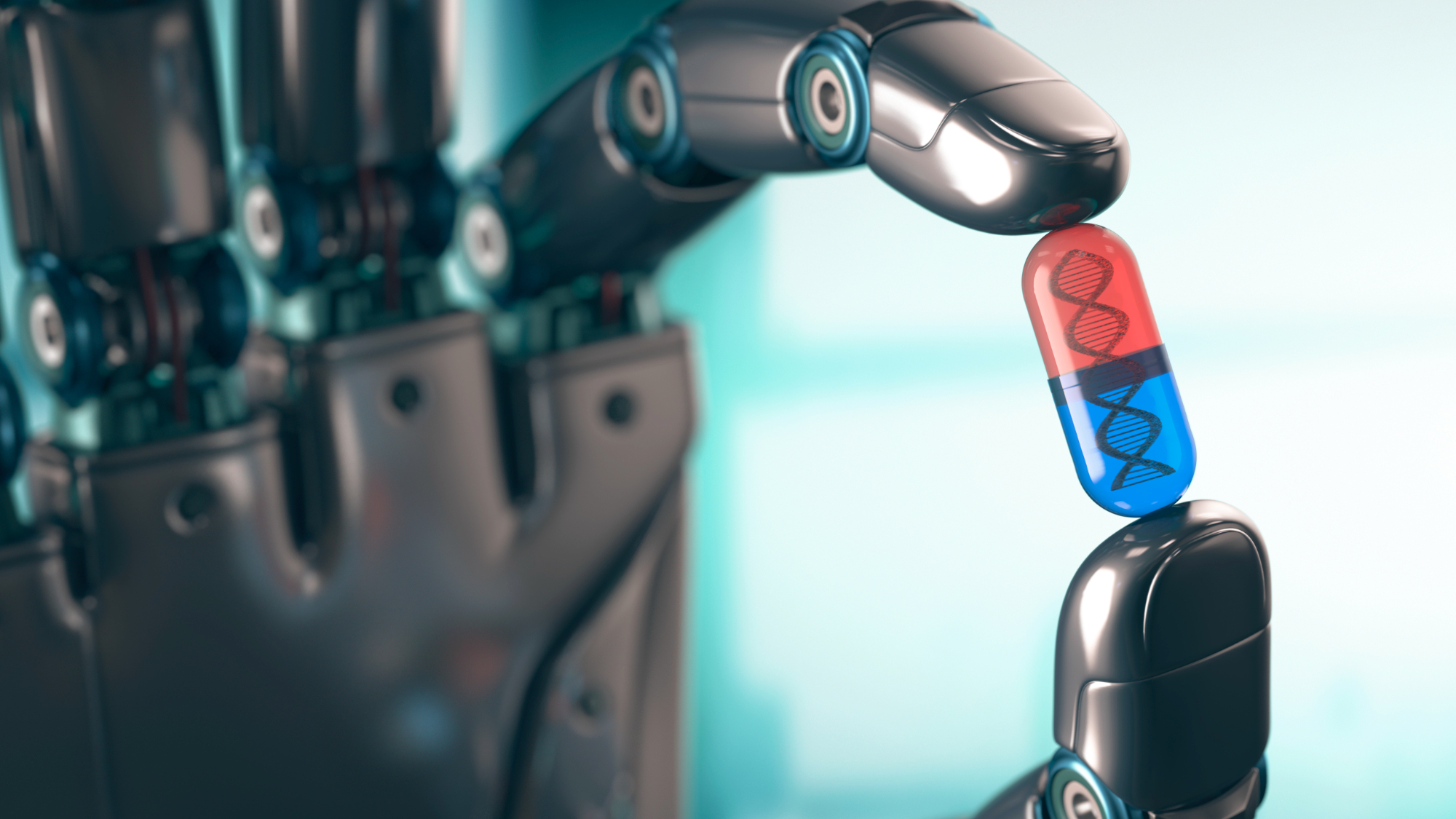“With this poisoned music out there, we can bring AI firms to the negotiating table for fair licensing of training data for independent musicians”: Could Poison Pill be the antidote to illegal AI scraping?
New startup believes it has the technology to disrupt the bots

Want all the hottest music and gear news, reviews, deals, features and more, direct to your inbox? Sign up here.
You are now subscribed
Your newsletter sign-up was successful
A new startup has launched what could be a valuable weapon for independent artists in the fight against generative AI.
It’s called Poison Pill, an appropriate name because in essence it disrupts the learning of AI models by inserting low-level noise. The noise is undetectable to the human ear, but it’s enough to throw the AI off the scent, confusing it so it gets mixed up between different genres.
In an interview with Music Ally, Poison Pill’s founder Ben Bowler explained the motivation behind the idea: “Most musicians are pissed about the current state of AI in music: well-funded companies are scraping music without permission, creating services that claim to replace them. Streaming services with AI-filled playlists. AI music is taking over previous money makers like sync.”
“That’s why, as a first step, Poison Pill is open to independent artists who want to stick it to these AI companies. Our aim is to protect 20% of independent music. With this poisoned music out there, we can shift the power dynamic and bring AI firms to the negotiating table for fair licensing of training data for independent musicians.”
Bowler explains that by using Poison Pill’s ‘adversarial noise algorithms’ independent artists can make their music AI-proof. “It exploits how AI models learn to recognise genre, instruments, etc, by identifying highly specific sound features: finding shortcuts based on their training to make predictions quickly. We can use this nature of AI against itself by subtly adding low-level noise to an indie track that closely matches what the model expects classical music to contain.”
“If suddenly many tracks are embedded with these attacks, future versions of these models will start generating random styles, seriously disrupting their usefulness,”
Of course, the AI companies will, in all likelihood, find ways to get around this. But in the medium term at least, Poison Pill could be a useful weapon and in any case, Bowler argues that it could disrupt the AI companies’ business model.
Want all the hottest music and gear news, reviews, deals, features and more, direct to your inbox? Sign up here.
“As more music incorporates ever-evolving Poison Pill protection, the cost for these companies to identify and address these protections increases progressively. These companies depend on the fact that they can quickly and cheaply process large volumes of music.”
He continued: “If they have to check and re-process every track before training new versions of their models, paying a fair price to license clean music becomes a far better option.”
Poison Pill is still in its early stages. Bowler said that they were talking to several potential investors. “Additionally, we are in discussions with potential partners, such as labels and larger rights holders, to provide API access to our technology for the protection of larger catalogues.”

Will Simpson is a freelance music expert whose work has appeared in Classic Rock, Classic Pop, Guitarist and Total Guitar magazine. He is the author of 'Freedom Through Football: Inside Britain's Most Intrepid Sports Club' and his second book 'An American Cricket Odyssey' is due out in 2025.
You must confirm your public display name before commenting
Please logout and then login again, you will then be prompted to enter your display name.